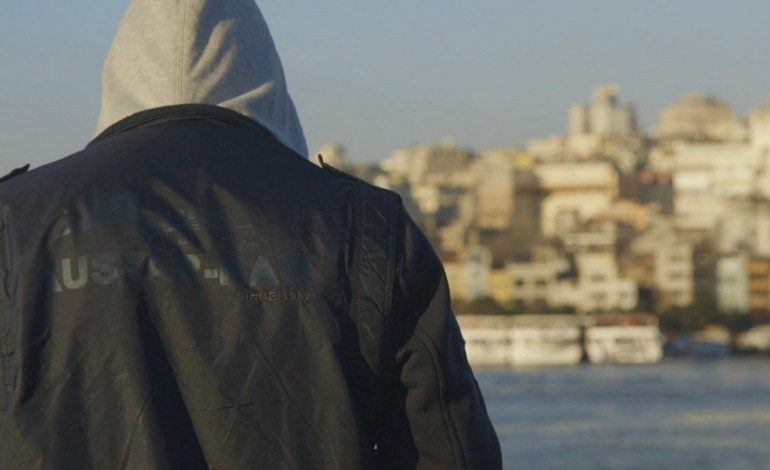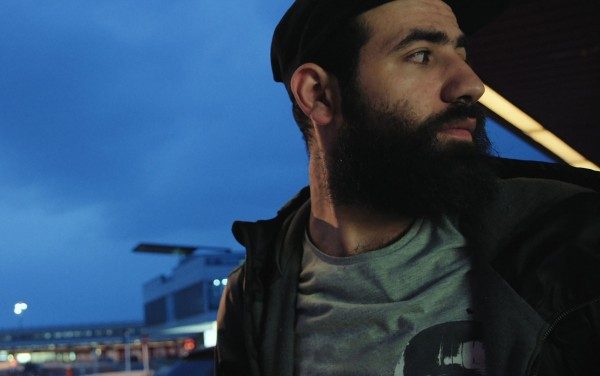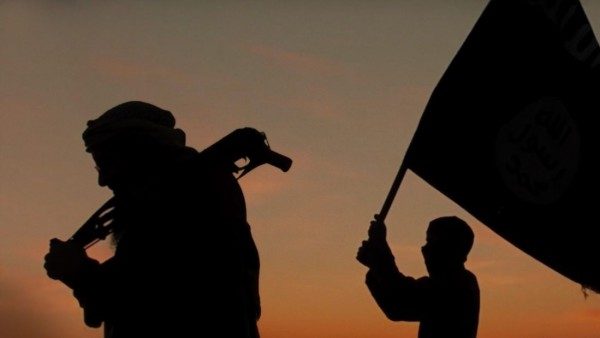

While there is an immense amount of pain circulating around the world, Syria is perhaps the most salient of them all. In what has amounted to one of the most devastating civil wars in recent years, Syria has been rocked by ceaseless tragedies. Whether it’s the hundreds of thousands who have perished or the millions more who have been forced to seek refuge in other countries, the Middle Eastern country is a shadow of its former self. It’s a disastrous situation, one that is perhaps one of the worst humanitarian crises in decades.
But perhaps the most egregious after effect of the civil war is the power vacuum left behind. With Bashar Al-Assad’s repressive forces battling factions of civil war combatants, there are seldom any forces left from either side to defend against the growing influence of Islamist extremists. As with Iraq before it, Syria became an exploitative situation for ISIS, realizing that few or none would question their ascension to power. After all, for the people of Syria, any power other than Assad’s would be better—right?
That’s what the activists of Raqqa is Being Slaughtered Silently (RBSS) believed as they fought back against the oppressive forces of Assad. But soon after the black-clad extremists rolled into town and declared themselves the de facto leaders of a large swathe of Syria, it became clear that their intentions were far from good. From public beheadings to tyrannical rule that was violently enforced, ISIS had destroyed everything that the citizens of Raqqa had once known. The brutality of Assad seemed to be a slice of heaven in comparison to the monstrosities committed by the self-proclaimed Islamic caliphate. It was a shattering revelation, one that left the citizens of Raqqa bewildered, frightened and constantly risking their lives to maintain any semblance of the life they once knew.
The anonymous activists of RBSS risk their lives on a daily basis to demonstrate and document the atrocities being committed. They have lost brothers, sisters, fathers, mothers, cousins, aunts, uncles, friends, teachers, colleagues and neighbors. By disseminating information that undermines ISIS iron-grip rule, the members of RBSS fight desperately to bring back a semblance of normalcy to their crumbling lives. It’s a heart-wrenching struggle, one that is earnestly and touchingly captured by director Matthew Heineman, who focuses on a moment of humanity in what is a sea of misery and despair.
Similar to his previous Academy Award-nominated and Emmy-winning work, Cartel Land, Heineman has found a story that captures the will, humanity and decency of a group of individuals stuck in a horrid situation. Both explore the nuances of when citizens are left to fend for themselves, having little or no support from government institutions or international organizations. While his previous film dealt with violent vigilantes, City of Ghosts portrays a group of activists who shed any need or drive for physical confrontation, instead relying on their DIY journalistic skills to showcase just how horrid life under ISIS can be.
It’s a dangerous undertaking, one that has led to numerous family deaths. Many of the core members have fled their homes, seeking refuge in neighboring Turkey or further on in Germany. But even as the activists sit clattering away on their keyboards, uploading horrid images of death, destruction and illegal use of chemical weapons in temporary housing and hotel rooms, their lives are under constant threat of death. No matter how far they get from Raqqa, it never seems like they have really left at all.
It’s an exhausting undertaking, one that is adeptly shown in City of Ghosts, which has a level of emotional and humanitarian immediacy that few other documentaries do. Perhaps that is due the high level of stylization or the personalized characterizations of the activists. In any case, the film’s incorporation of primary sourced footage of the chaotic mayhem on the streets of Raqqa ensures that there is a concerted effort for journalistic integrity—the same integrity that allowed RBSS to win the International Press Freedom Award and the Civil Courage Prize.
The activists of RBSS are perhaps some of the bravest journalists that the world has at the moment. They risk their lives on a daily basis under one of the cruelest, most inhumane terrorist organizations in the world—all in the hopes that the world sees the hearbreaking destruction left in the wake of ISIS. Heineman’s skillful direction and penchant for inherent narrative showcases that these men are not just activists—they are heroes. To risk one’s life to report on the brutality of ISIS as it decimates their hometown takes a kind of courage that few could muster. And while it certainly seems like they have that, there is no denying that it has taken its toll on these young men.
But perhaps what Heineman succeeds more than any other documentary that demonstrates the ruthless life in Syria (Cries for Syria, The White Helmets, Hell on Earth: The Fall of Syria and Rise of ISIS, among others) is his focalization on characters. Whether it is the 25-year-old spokesman Abdalaziz Alhamza who shakes with fear as he chain-smokes cigarettes quietly in his German apartment or Mohamad, the math teacher-turned-activist who is the conduit between the events in Raqqa and the outside world, City of Ghosts is a deeply personalized telling of one of the most tragic moments in modern history.
Verdict: 5 out of 5
Matthew Heineman’s City of Ghosts is perhaps one of the best documentaries to detail the atrocities occurring in Syria. It is a harrowing documentary that uses personalized characterizations and a stylized narrative to point out the humanist tragedy that is unfolding in the Middle Eastern country. Heineman has found yet another heart-rending subject and has masterfully explored it, using his history background to ensure a critical eye is applied to every moment, while never losing sight of the larger narrative. Hopefully, it can inspire individuals to help in any way they can—I know I will.


